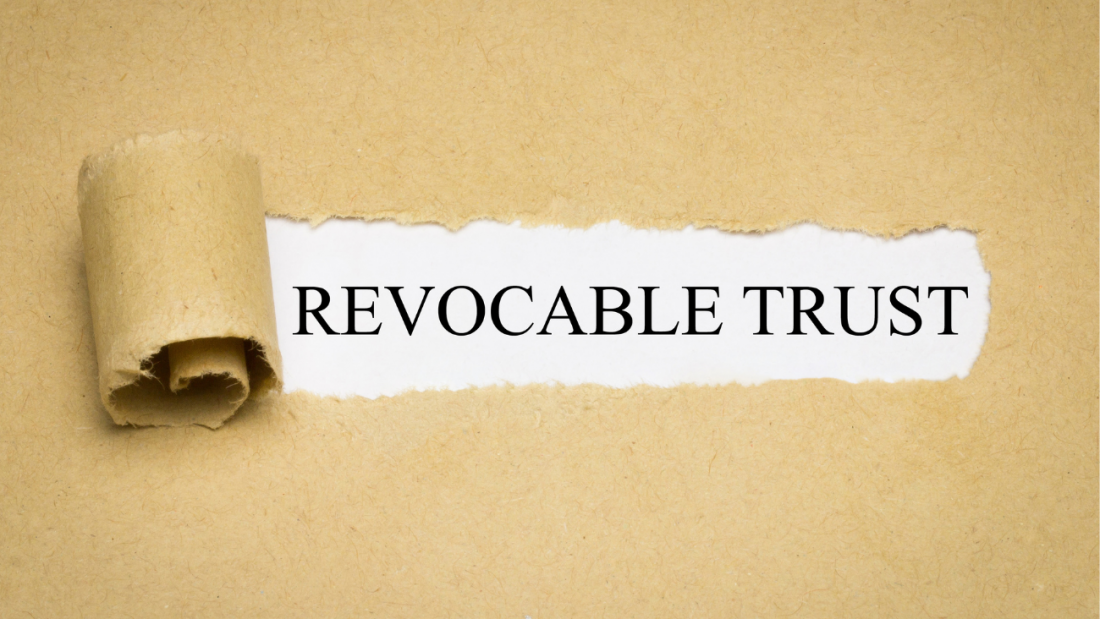The word “trust” gets used quite broadly, creating potential confusion. While a “living trust” is a widely discussed instrument for estate planning, it’s crucial to understand that not every trust is a living trust. Below our North LA County estate planning lawyers break down the key distinctions.
What is a Trust?
Simply put, a trust is a legal arrangement where someone (the grantor) places assets (property, investments, etc.) under the management of a trustee for the benefit of named beneficiaries. Trusts provide flexible control over asset distribution and come in several forms.
Two Primary Trust Categories
- Living Trusts (also called Revocable Trusts): Revocable Living Trusts are created during the grantor’s lifetime. Grantors often act as their own trustee initially, retaining control. These trusts can be changed or dissolved easily. Their primary advantage is avoiding probate.
- Testamentary Trusts: These types of trusts are established within a person’s will and only go into effect after their passing. Because they arise only upon death, testamentary trusts don’t avoid probate. They primarily are used to control how assets pass to beneficiaries (such as minor children).
Other Trust Types
To further illustrate the variety, here are a few additional trust types:
- Irrevocable Trusts: Once created, the grantor cannot alter the trust’s terms. These can offer certain tax and asset protection advantages within a specialized plan.
- Special Needs Trusts: Designed to benefit individuals with disabilities while allowing them to maintain public benefit eligibility.
- Charitable Trusts: Used for philanthropic purposes with potential tax benefits for grantors.
Why the Focus on Living Trusts?
Probate avoidance is a significant concern for many people. Living trusts offer a relatively straightforward way to achieve this, making them a common tool within estate plans.
Is a Trust Right for You?
Choosing the right type of trust (or if any trust is needed) depends on your goals and situation. A North LA County estate planning lawyer can assess your needs and advise on the following:
- If probate avoidance is your primary concern
- Whether you seek advanced tax strategies
- How potential incapacity factors into your situation
- If you have minor children or beneficiaries with special needs
Seek Clarity With Experienced Guidance
Ready to explore your estate planning options? Our firm assists clients in creating secure plans tailored to their needs. Schedule a consultation to learn more about how trusts can serve you. Simply contact our North LA County estate planning lawyers at 818-334-2805 to schedule a consultation.


